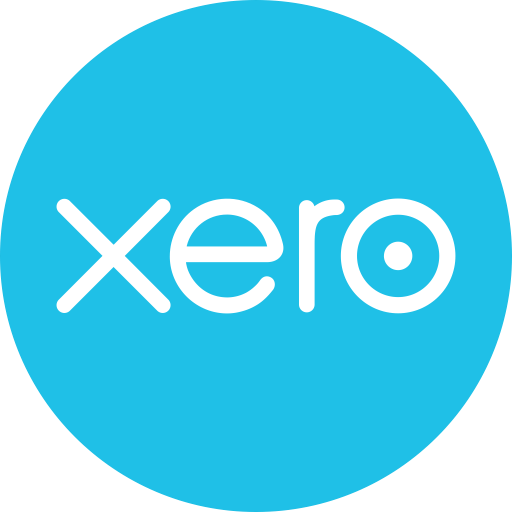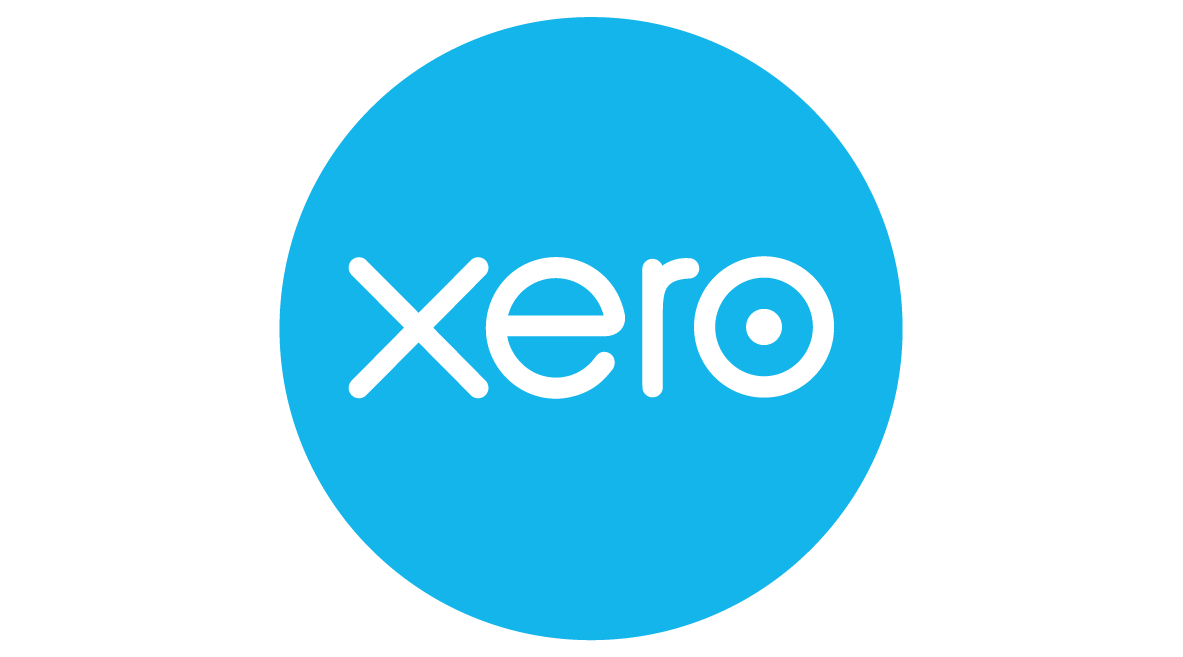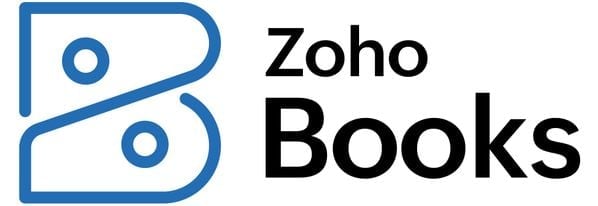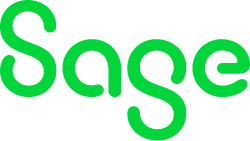Best Accounting Software for Small Businesses of 2024
Many or all of the products featured here are from our partners who compensate us. This influences which products we write about and where and how the product appears on a page. However, this does not influence our evaluations. Our opinions are our own. Here is a list of our partners and here's how we make money.
Accounting software helps you track how money moves in and out of your small business. The best accounting software makes it easy to keep a detailed financial record so that you’re ready come tax season. It also includes tools for streamlining accounting tasks, like the invoice process, and gaining insight into your business’s financial health.
To choose the right option for you, think about the present and future versions of your business — your accounting software should be able to support both. Right now, check that it’s within your budget and is compatible with your point-of-sale and/or payroll software, as well as your accountant’s system. Based on how much you expect your small business to grow, keep an eye on scalability, too.
Here are NerdWallet’s picks for the best small-business accounting software, including why we selected each product, monthly price details and features checklists for easy product comparisons. We've also included a couple of solutions that nearly made our list and a few products you can skip.
Why trust NerdWallet
Best Accounting Software for Small Businesses
QuickBooks Online
Easy to share information with your accountant and to find QuickBooks experts and online resources if needed.
More than 750 app integrations, including live, in-house bookkeeping.
Robust feature set includes thorough record-keeping, comprehensive reporting, excellent invoicing and inventory management, plus a capable mobile app.
Daily phone support and 24/7 chat support in all plans.
Lacks industry-specific features.
Limited account users with each plan.
» MORE: Best alternatives to QuickBooks
Many of the household accounting software names, such as QuickBooks, Xero and Zoho Books, can be classified as integrated accounting software solutions. This means that in addition to maintaining a general ledger and assisting with day-to-day bookkeeping, the software includes functions for tracking accounts receivable and accounts payable, reconciling bank transactions (often with some level of automation for convenience and time-saving), managing inventory and purchase orders and handling the billing process.
Xero
Unlimited users in all pricing plans.
Integrates with more than 1,000 third-party apps.
Feature set includes an excellent mobile app and suite of reports, capable invoicing features, plus automated bill and receipt capture through Hubdoc.
Simple layout and easy to use.
No phone number for customer support listed.
Entry-level plan limits bills and invoices to five and 20 per month, respectively.
» MORE: Best alternatives to Xero
Zoho Books
Less expensive than some competitors; free plan available for businesses with less than $50k in annual revenue.
Email support in free plan; phone and chat support in paid plans.
Rich feature set includes excellent invoicing, inventory management, workflow rules and a capable mobile app.
Add accounting widgets to your phone’s home screen; track time using your Apple Watch.
Fewer third-party integrations and reports than some competitors.
No plan includes more than 15 users (can add additional users for a fee).
» MORE: Best Zoho Books alternatives
To find startup accounting software that will best serve your business at any stage, consider scalability as well as strong customer support. You will also want to choose software that uses the accrual basis accounting method for recording transactions. It’s a more detailed (and therefore more involved) method of accounting, but for many businesses — especially those tracking a large amount of inventory and those in need of a business loan — it’s the preferred method.
FreshBooks
Stay in touch with clients through the FreshBooks mobile app and get notified when invoices have been viewed or become overdue.
Intuitive, customizable invoicing capabilities compete with those of more robust accounting solutions.
Track time and add billable hours to invoices in all plans.
Weekday phone support in all plans.
Lacks features that quickly growing companies need, like audit trails for accountants to review.
Highest-tier Select plan only comes with two users (additional users add $11 per month) and lower-tier plans put limits on billable clients.
Least expensive plan lacks double-entry accounting reports, bank reconciliation and accountant access.
» MORE: Best alternatives to FreshBooks
Sage 50 Accounting
Advanced inventory tracking and job costing features.
Industry-specific features for construction, retail and professional services businesses.
Phone and chat support, plus a dedicated account representative in all plans.
Lowest-tier plan doesn’t include audit trails.
Pricier than many other solutions on this list.
Also sometimes called on-premise software, desktop accounting software must be locally installed on a specific computer and can only be accessed from that one device or location. For some small-business owners, this type of program feels more secure than online accounting software from a data protection perspective, though regular manual backups are necessary to protect against total loss of data in the event of a technology failure.
Wave Accounting
Free plan available.
Intuitive, customizable invoicing capabilities compete with those of more robust accounting solutions.
Lacks features that quickly growing companies need, like audit trails.
Must subscribe to Wave’s Pro plan or other paid services (payroll, payments, advisor, etc.) to receive customer support from a human
No third-party integrations, mileage tracking feature or ability to accept in-person card payments.
» MORE: Best free accounting software
QuickBooks Enterprise
Strong feature set includes thorough record-keeping, invoicing and advanced inventory management and pricing rules.
More than 200 reports, including industry-specific options for various industries.
24/7 phone and chat support.
Limited direct, third-party software integrations.
Annual subscriptions are expensive; each additional user license and cloud access costs extra.
Striven
Offers industry-specific features for consulting businesses, nonprofits, manufacturing companies, professional services and more.
Tools to ensure tax compliance.
Other features include inventory tracking, reporting, invoicing, project management tools and the ability to categorize transactions using classes.
Customer support available by phone and live chat.
Monthly costs could add up quickly if you require multiple users.
No mobile app.
Limited third-party integrations available; no POS or payroll integrations.
Additional accounting software to consider
In our review of more than a dozen accounting software products, NerdWallet determined a couple of products are strong contenders that may be worth consideration for certain businesses. Consider one of the following solutions if those on our list above don’t suit your small-business accounting needs.
Odoo: Good for an all-in-one business management app
4.0
NerdWallet ratingConsider Odoo for your business if you:
Run a small, medium or enterprise business.
Need access for an unlimited number of users.
Have a monthly accounting software budget of $0-$58.40.
Require multiple software integrations (Odoo’s open-source software has dozens of its own apps for a variety of business needs plus thousands of third-party integrations).
Like its name suggests, open-source software is open to the public, meaning anyone can access and tweak its code. This makes it more customizable than typical closed-source, or proprietary, software that you purchase, download and work with as-is. Open-source products, like Odoo, are ideal for business owners who know how to code and want to play a hands-on role in customizing the product to fit their business needs.
» MORE: Best business software
ZarMoney: Good for inventory management features
3.5
NerdWallet ratingConsider ZarMoney for your business if you:
Run a small, medium or enterprise business.
Need access for one to 30 users.
Have a monthly accounting software budget of $20-$350.
Require few or no software integrations (ZarMoney has only a handful).
Accounting software you can skip
These few accounting products fell short in our ratings rubric on a number of fronts. We recommend skipping them in your exploration of the best accounting software for small businesses, unless you can live without some key features these products lack and their price tag feels worth it to you.
TrulySmall Accounting: Truly lacking some important features
Where it falls short: Considering its entry price point of $20 per month, we would expect TrulySmall Accounting to come with standard accounting features such as audit trails and the ability to switch between cash and accrual accounting. The software also lacks inventory tracking tools as well as integrations with any third-party software.
» MORE: Best online bookkeeping services
ZipBooks: Zip past this one while shopping
Where it falls short: When considered through the lens of free accounting software, ZipBooks is worth a gander, (although Wave and Zoho Books both offer free accounting plans with a heavier dose of useful features). But ZipBooks comes up short on mobile app features (receipt capture only), lacks inventory tracking, doesn’t offer support from an actual human (help library only) and has no direct integrations with other software.
Akaunting: Don’t be fooled by “free” software
Where it falls short: Akaunting advertises its “free” accounting software, but in fact, only the base plan for its desktop (on-premise) software is free. That free version of the software must be downloaded to a single machine, which means it is not accessible from any device anywhere via the cloud, and it won’t even fetch you standard accounting software features such as bank connections (for easy and automated transaction reconciliation), a chart of accounts or a general ledger. The lowest-tier on-premise plan essentially operates as invoicing software. But with plenty of strong free invoicing software products on the market — all of the options that make our list are cloud-based — you can skip right over Akaunting.
How we determined the best accounting software
NerdWallet independently reviews accounting software products before determining our top picks. We collect the data for our software ratings from products’ public-facing websites and from company representatives. Information is gathered on a regular basis and reviewed by our editorial team for consistency and accuracy.
NerdWallet’s accounting software ratings favor products that are easy to use, reasonably priced, have a robust feature set and can grow with your business. The best accounting software received top marks when evaluated across 10 categories and more than 30 subcategories. Learn more about how we rate small-business accounting software.
These ratings are meant to provide clarity in the decision-making process, but what’s best for your business will depend on its size, growth trajectory and which features you need most. We encourage you to research and compare multiple accounting software products before choosing one.NerdWallet does not receive compensation for any reviews. Read our editorial guidelines.
How to choose accounting software
Ideally, your accounting software will make your day-to-day routine easier through automation. Here are some key factors to consider when researching and choosing the best accounting software for your small business.
Accessibility: Cloud-based software enables access through any device with an internet connection. This generally allows for easier collaboration with accountants and seamless integration with other business software. Desktop-based software, however, can only be accessed from a single computer.
Scalability: Take a look at products’ plan offerings, including how many employees and users the software can support, to make sure you can upgrade to a more robust version of the software as your business grows. If you anticipate rapid or high growth, consider accounting software for medium-sized businesses.
Your budget: Determine how much your business can afford to spend monthly on accounting software in conjunction with other recurring costs, like utilities, rent and additional software subscriptions for a POS system or payroll, for example. If you’re a solopreneur and want to keep costs down, check out our list of best accounting software for freelancers and the self-employed.
Ease of use: Accounting software that isn’t intuitive and user-friendly can take up an unnecessary amount of your time or discourage you from using it as often as you should to keep your finances in order. Test out free trials of accounting software, request a demo and watch tutorial videos to get a feel for navigating the software.
Integrations: Think about the other types of software you already use or plan to use, and check to see if direct integrations are available between those products and the accounting software you’re considering. If not, you may need to pay for an indirect integration or manually transfer data from one product to another.
Customer support: Think about what time of the day you’re most likely to reach out for assistance and how you’d like to communicate with customer service representatives. Free accounting software options typically offer less robust customer support solutions than paid products do.
Sharing with your accountant: If you’re working with an outside accountant, take note of how easy (or not) a product makes it for you to share your financial details and reports with your accountant. Many popular accounting software products allow you to easily share access, but some require upgrades to costlier plans for this access and some products only enable you to export data to be sent to your accountant.
How much does accounting software cost?




Compare NerdWallet’s top accounting software picks by features
To help determine which accounting software is best for your business, start by comparing each product’s maximum user limit, invoicing capabilities, time-tracking tools, inventory tracking features and phone support availability.
Maximum users | Invoicing | Time tracking | Inventory tracking | |
|---|---|---|---|---|
Up to 25 in Advanced plan. | Unlimited. | Can manually enter time in Essentials plan and higher; automatic time tracking costs extra. | Yes, but only in Plus plan and higher. | |
 5.0 NerdWallet rating | Unlimited. | 20/month in Early plan; unlimited in higher-tier plans. | Yes, but only in Established plan. | Yes. |
Up to 15 in Ultimate plan. Additional users cost extra. | 1,000/year in free plan; up to 100,000/year in paid plans. | Yes, in paid plans. | Yes, Zoho Inventory offers free, integrated plans. | |
 4.5 NerdWallet rating | Up to two in Select plan. Additional users cost extra. | Unlimited, but Lite and Plus plans cap number of billable clients. | Yes. | Yes. |
Free plan is limited to one user. Must subscribe to paid plan to add additional users. | Unlimited. | No. | No. | |
Up to 40 in Quantum Accounting plan. | Unlimited. | No. | Yes. | |
Up to 40, but each user license costs extra. | Unlimited. | Yes, but only in Diamond plan and fees apply. | Yes. | |
 3.5 NerdWallet rating | Unlimited, but each user license costs extra. | Unlimited. | Yes. | Yes. |
Table of Contents










